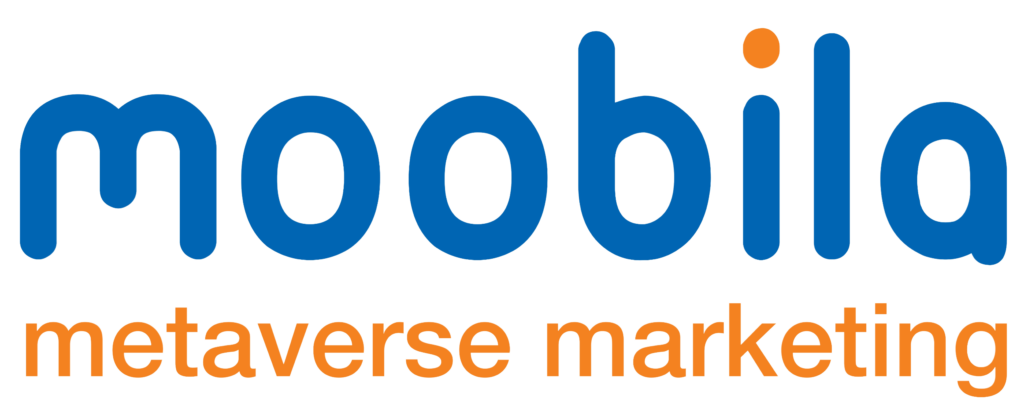In today’s fast-paced digital landscape, startups need every possible advantage to stay ahead of the competition. One of the most effective ways to establish a strong market presence is by developing a Custom App tailored to the unique needs of the business. Unlike generic off-the-shelf solutions, a Custom App provides startups with the flexibility, scalability, and security necessary for sustainable growth. With the increasing reliance on mobile applications and digital platforms, startups that invest in a Custom App can streamline operations, enhance customer engagement, and ultimately drive revenue. In this blog, we’ll explore why startups should prioritize building a Custom App and how it can lead to long-term success.
What Is a Custom App?
A Custom App is a software application designed specifically for a business, addressing its unique requirements and goals. Unlike pre-packaged software, an App provides personalized solutions, ensuring better performance, security, and user engagement. These apps can be developed for mobile devices, desktops, or as web applications, depending on the business’s needs.
Why Startups Should Invest in a Custom App
1. Enhanced User Experience with a Custom App
A great user experience is crucial for startups to retain customers and build brand loyalty. An app ensures that the interface, features, and functionalities align with the target audience’s preferences, making interactions seamless and enjoyable. A well-designed app with intuitive navigation and personalized content helps in attracting and retaining users, thus increasing customer satisfaction.
Moreover, an App allows businesses to integrate feedback mechanisms, ensuring that they can constantly improve their services based on user input. This level of personalization is impossible with generic apps that cater to a broad audience without addressing specific needs.
2. Scalability and Flexibility
Start-ups often face rapid changes in their operations. A Custom App allows for easy scalability and modifications, adapting to the growing needs of the business without major disruptions. Whether it’s adding new features, accommodating more users, or integrating with new technologies, a Custom App grows alongside the business.
Unlike off-the-shelf software, which may require expensive upgrades or replacements, an app is built with scalability in mind. This ensures that startups can scale up their operations efficiently without the hassle of switching platforms or dealing with software limitations.
3. Competitive Advantage
An App sets startups apart from competitors using generic software. With unique features tailored to customer needs, startups can enhance their market position and provide superior services. An app designed specifically for a startup’s business model allows it to offer innovative solutions that are not available in standard software.
For example, an e-commerce startup can integrate AI-driven recommendations and personalized offers, while a healthcare startup can incorporate telemedicine features to enhance patient care. By offering something distinct, startups can carve out a niche and build a loyal customer base.
4. Better Security Measures
Off-the-shelf applications often come with security vulnerabilities, as they are designed for a broad audience, making them frequent targets for cyber threats. A Custom App offers enhanced security measures tailored to the startup’s specific risks, ensuring data protection and compliance with industry regulations.
Startups dealing with sensitive customer information, such as financial details or medical records, need robust security features. A Custom App allows them to implement end-to-end encryption, multi-factor authentication, and other advanced security measures that safeguard user data from potential breaches.
5. Seamless Integration with Existing Systems
Startups rely on multiple tools and platforms for their operations. A Custom App ensures seamless integration with existing software, improving efficiency and reducing operational costs. Whether it’s a CRM, ERP, payment gateway, or cloud storage solution, a Custom App can be designed to work harmoniously with other business tools.
This seamless integration eliminates the need for manual data entry, reduces errors, and enhances workflow automation. As a result, startups can operate more efficiently, freeing up time and resources for other critical tasks.
6. Improved Data Collection and Insights
A Custom App enables startups to gather valuable user data, helping them analyze customer behavior, optimize services, and make data-driven decisions. This data can be used to personalize user experiences, predict trends, and refine marketing strategies.
For instance, an app with built-in analytics can track user engagement, identify popular features, and highlight areas that need improvement. Startups can leverage this data to enhance their offerings and stay ahead of market trends.
7. Cost-Effectiveness in the Long Run
While the initial investment in a Custom App may be higher than purchasing generic software, it ultimately saves money by reducing dependency on third-party services and increasing operational efficiency. An App eliminates subscription costs associated with multiple software solutions, providing a cost-effective alternative in the long run.
Additionally, startups can monetize their app by offering premium features, in-app purchases, or subscription models, creating additional revenue streams.
Industries That Benefit from a Custom App
| Industry | How an App Helps |
| E-commerce | Personalized shopping experience, streamlined checkout process |
| Healthcare | Secure patient data management, telemedicine features |
| FinTech | Robust security, seamless financial transactions |
| Education | Interactive learning platforms, student engagement features |
| Logistics | Real-time tracking, inventory management |
| Hospitality | Online reservations, customer service automation |
Steps to Develop a Custom App for Your Startup
1. Define Your Objectives
Start by identifying the core purpose of your App and how it aligns with your startup’s goals.
2. Research Your Target Audience
Understanding your customers’ needs will help in designing an app that meets their expectations.
3. Choose the Right Development Team
Hiring experienced developers or partnering with an app development company ensures that your App is built professionally.
4. Design an Intuitive UI/UX
A well-designed interface enhances user engagement and ensures a smooth user journey.
5. Develop and Test Your App
Thorough testing is crucial to eliminate bugs and enhance the app’s performance before launch.
6. Launch and Market Your App
Promote your App through digital marketing, social media, and other channels to reach your target audience.
7. Monitor and Update Regularly
Continuous improvements and updates will help keep your App relevant and efficient.
Wrapping it up
For startups aiming to make a lasting impact, investing in an App is a game-changer. It enhances customer experience, improves operational efficiency, and offers a competitive edge in the market. By choosing an App, startups position themselves for sustainable growth and long-term success.
If you’re ready to take your startup to the next level, consider developing an App tailored to your unique business needs. Visit Moobila to learn more about how we can help bring your vision to life.



